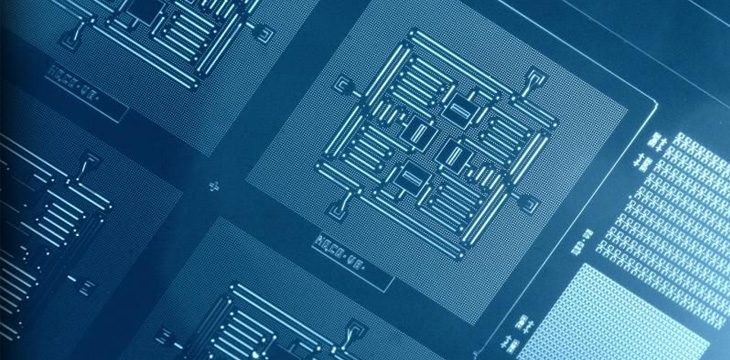|
Getting your Trinity Audio player ready...
|
Researchers say that the race between developing quantum computers and improving mining hardware work against the whole “quantum computer threat” argument.
In an article for the American Institute for Economic Research (AIER), Editorial Director Jeffrey A. Tucker examined the threat quantum computers supposedly pose to Bitcoin. Tucker, a well-published author focusing on analyses of economics, technology, social philosophy, and culture, first points out that any potential threats to a working system, much like all of history tells us, all boils down to problem solving.
“My answer has been that I propose nothing personally but the very core of innovation in this sector is about problem solving. If there is a known problem, there are people working on solutions, with tremendous professional awards accruing to the winner,” Tucker wrote.
But to put the theory that quantum computer is an existential threat to Bitcoin, Tucker pointed to a paper by a team of researchers from several universities from Singapore, Australia, and France, noting that the whole racket about the risk of quantum computers to Bitcoin—which started last year and persists to date were “as alarmist as they were misleading.”
According to the paper, titled Quantum attacks on Bitcoin, and how to protect against them, the current rates at which ASICs process hashcash PoW (proof of work) fend off any possible advantages quantum computers may have. And by the time any substantial improvements to quantum computers are made, mining processors would have gained enough improvements to negate their speed advantages again.
“Using Grover search [Gro96], a quantum computer can perform the hashcash PoW by performing quadratically fewer hashes than is needed by a classical computer. However, the extreme speed of current specialized ASIC hardware for performing the hashcash PoW, coupled with much slower projected gate speeds for current quantum architectures, essentially negates this quadratic speedup, at the current difficulty level, giving quantum computers no advantage. Future improvements to quantum technology allowing gate speeds up to 100GHz could allow quantum computers to solve the PoW about 100 times faster than current technology. However, such a development is unlikely in the next decade, at which point classical hardware may be much faster, and quantum technology might be so widespread that no single quantum enabled agent could dominate the PoW problem,” Aggarwal, Brennen, Lee, Santha, & Tomamichel (2017).
In the paper, the researchers explore Momentum, an alternative proof-of-work mechanism to mitigate any perceived risks posed by quantum computers, which they say “is even more resistant to speedup by a quantum computer.”
Quantum computers are very slowly developing. For one thing, physicists do not completely understand the physics behind quantum particles yet. They do not follow the laws of classical physics, are unwieldy and at times severely unpredictable that even Einstein hated dealing with all the quantum insanity. Despite the hype created over quantum computers and the FUD against blockchains, materializing fully functioning, production and consumer-ready builds are quite far off.

 02-28-2026
02-28-2026 




